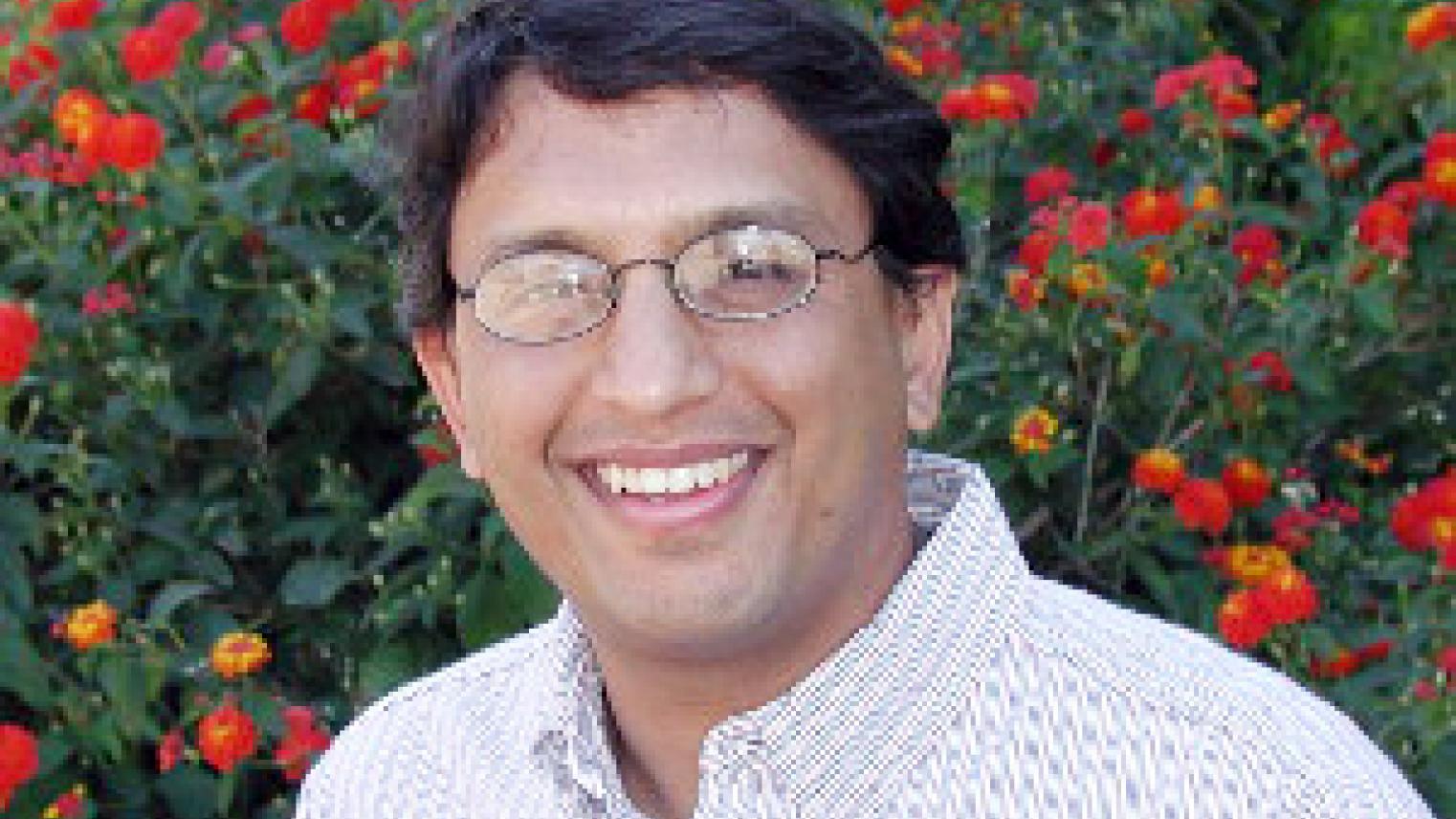This public lecture offers some anthropological reflections on India after liberalization. Despite high growth rates, social tensions seem to be rising in India. Uneven growth has led to increasing disparities between urban and rural areas, and between different regions of the country.
I tentatively forward a theory that connects a series of phenomena that have largely been analyzed in isolation: conflicts over land in the urban periphery; an armed uprising in areas of the country inhabited primarily by indigenous groups; a middle-class movement over political corruption; the rise of the service-sector economy; the entrenchment of mass popular democracy and decentralized governance; the increased influence of industrial capitalists on the state; and the renewed investments in welfare programs.
I will argue that all these components of India’s political economy are tightly interconnected, and that understanding these interconnections helps explain why terms such as “neoliberalism” and “market-friendly reforms” are inadequate descriptors of what is happening in India today.
Professor Gupta will also be conducting a masterclass for PhD students.
